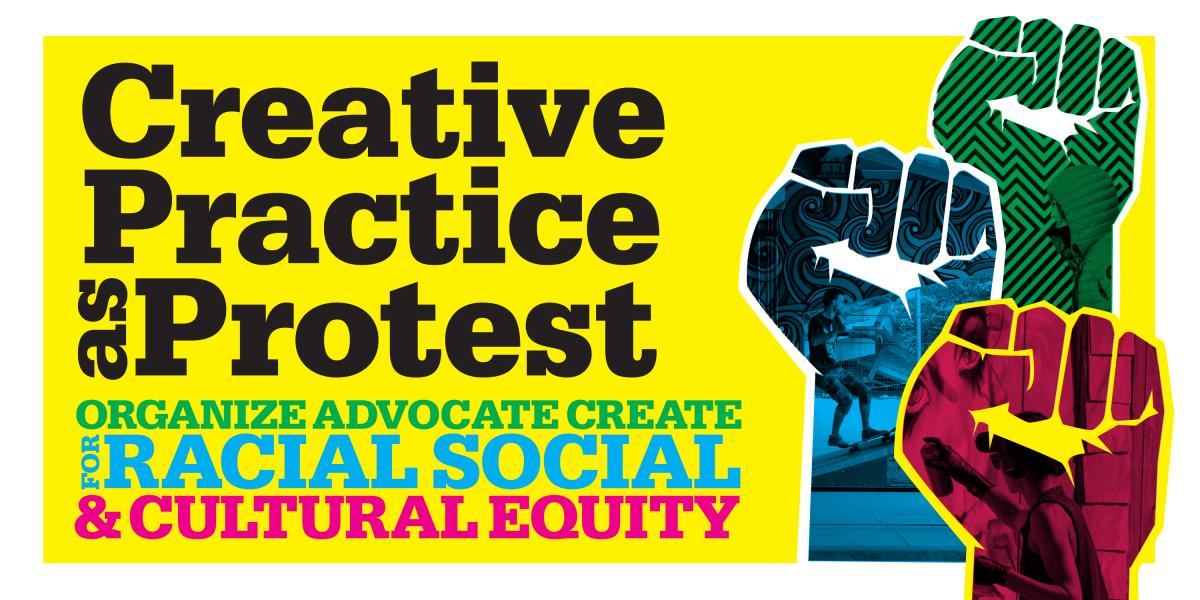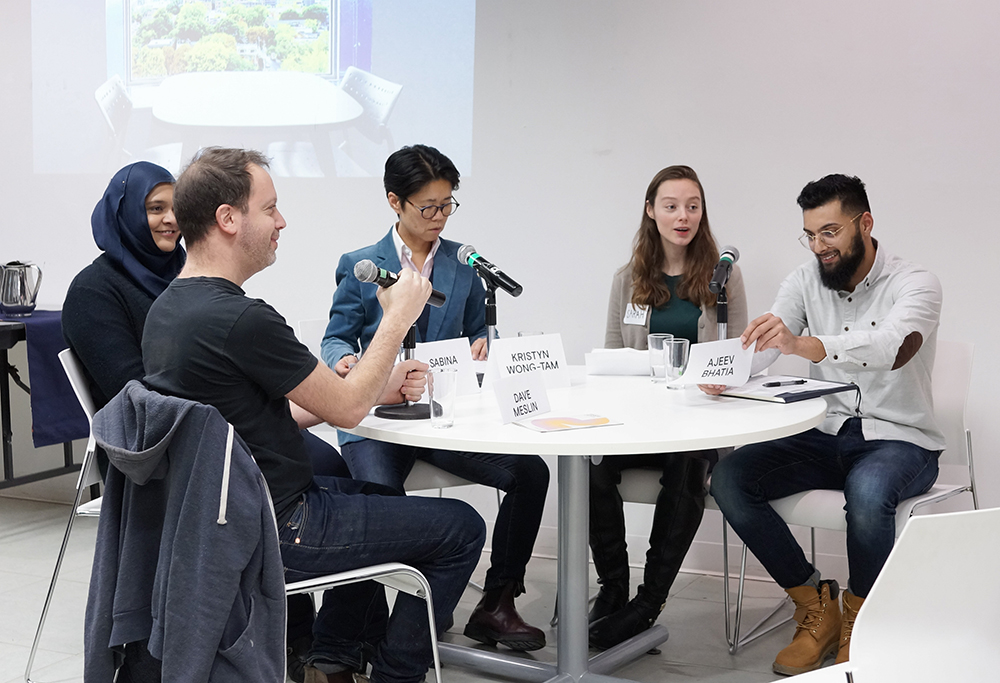2022
- NCBDS (National Conference for the Beginning Design Student)
- Design Research Society
- SECAC (Southeastern College Art Conference )
2021
- AICAD Symposium – Must Give Us Pause: Diversity + Sustainability
- Cumulus (Design Culture (of) Revolution)
- wiss Design Network — Design as Common Good
Lucerne, Switzerland / Online
- RGD Design Education Conference
- The Architecture Media Politics Society (AMPS) and Routledge Conference: Online Education: Teaching in a Time of Change
2020
- Design History Society: Teaching and Learning, Design History and Practice in the Virtual Space
- Digitally Engaged Learning
- ATINER - Athens Institute for Education and Research, 10th Annual International Conference on Urban Studies & Planning
Building “working with, not for” into design studio curriculum
- Community Built Association
- AEABA – Curriculum Slam
2018
- AERA (American Educational Research Association)
- NCBDS (National Conference for the Beginning Design Student)
2017
- Crossings: Exploring Shared Work in Writing Conference
- Design Principles and Practices Conference
Institute without Boundaries at George Brown College
2016
- IWAC (International Writing Across the Curriculum Conference)
- RGD: Design Educator’s Conference
- Teaching Expo
OCAD University, Toronto, Canada
2015
- RGD Design Educator's Conference
George Brown College, Toronto, Canada
- IWCA (International Writing Centers Association)
- STHLE (Society for Teaching and Learning in Higher Education)
- Writing Purposefully in Art and Design
Plymouth University. Plymouth, England
- AIGA: Design Educators Conference
York University. Toronto, Canada
2014
- RGD: Design Educators Conference
Centennial College. Toronto, Canada
2013
- RGD: First Annual Design Educators Conference
York University. Toronto, Canada


